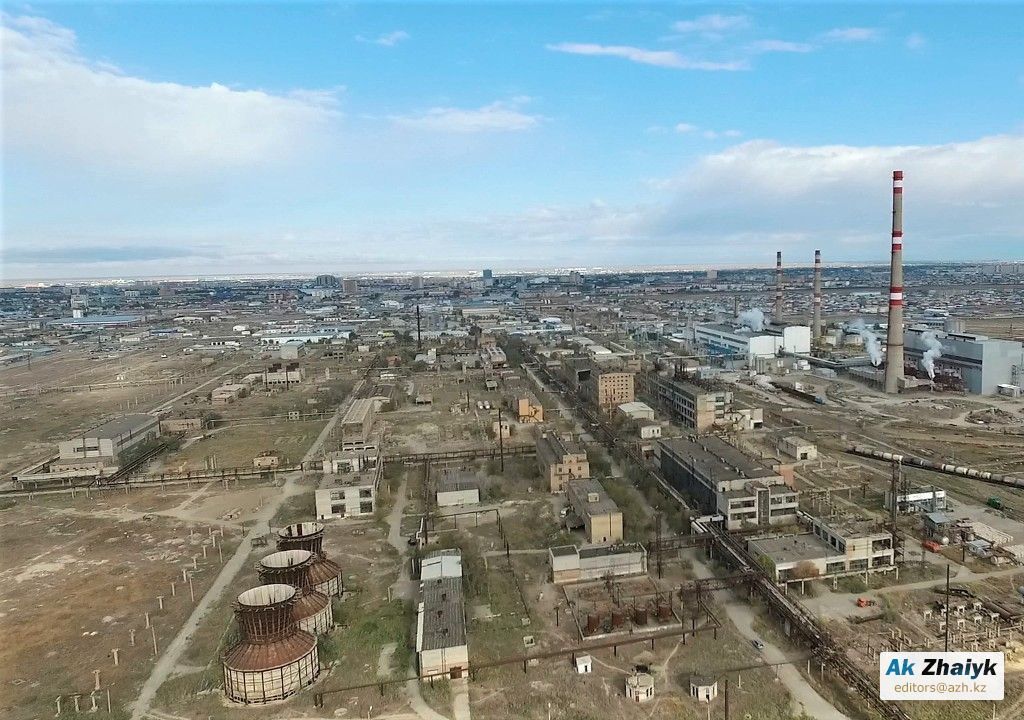
On the air-quality.com website , which shows air quality in real time, on November 7th the point on the map indicating the city of Atyrau burned red, indicating “hazardous”.
The highest rate was recorded at midnight on November 7th when the scale rose to 389 AQI (Air Quality Index): in the range of 300-500 AQI, serious negative health effects are possible. Contaminants showed the following levels: PM10 – 494; PM2.5 – 63; S02 (sulphur dioxide) – 46; N02 (nitrogen dioxide) – 19; O3 (ozone) – 22; CO (carbon monoxide) – 145.
What is PM10 and PM2.5?
Suspended particles (PM – particulate matter) – a widespread air pollutant, including a mixture of solid and liquid particles in suspension in the air. The most common chemical components of PM include sulphates, nitrates, ammonia, other inorganic ions such as sodium, potassium, calcium, magnesium and chloride ions, organic and elemental carbon, minerals in the earths crust, metals (Cadmium, copper, nickel, zinc), and polycyclic aromatic hydrocarbons (PAHs). The composition of the RM also contains biological components such as allergens and microorganisms. They are both in the forest and the sea, but it is in the city where they pose the most danger. Firstly, usually there are many more of them in the city and secondly, the chemical composition of the fine aerosol in the city is more dangerous than in nature.
At the same time of day on November the 7th in the capital city of India, Delhi, the indicators were much lower at – 242 AQI. In media reports throughout the world however it was reported that a critical level of air pollution in this megalopolis of 10, 000,000. The air was officially recognised as ‘dangerous to health’ and all schools were closed.
We sent a letter to the Atyrau regional branch of the RSE “Kazhydromet” with a request to provide the results of air monitoring from the 4th November – 7th November. The branch conducts daily atmospheric air observations from automatic control stations (monitoring in Atyrau is carried out at 5 posts, 3 automatic and 2 manual sampling).
For the period of Nov 3-7, the following indicators were recorded. For hydrogen sulphide – 3 cases of excess in the range of 1.0 – 1.125 MPC, with the maximum concentration being recorded in the region of Azattyk-Auezov.
According to the data of NCOC air quality monitoring station, from November 4th – 7th, 3 cases of high atmospheric air pollution through hydrogen sulphide with a north, north east wind direction in the vicinity of station No. 104 West Oil were recorded.
At this pace, the day is not far off when we will have to wear masks and respirators to go outside.
Nurgul KHAIRULLINA
 В Атырау -10
В Атырау -10 

